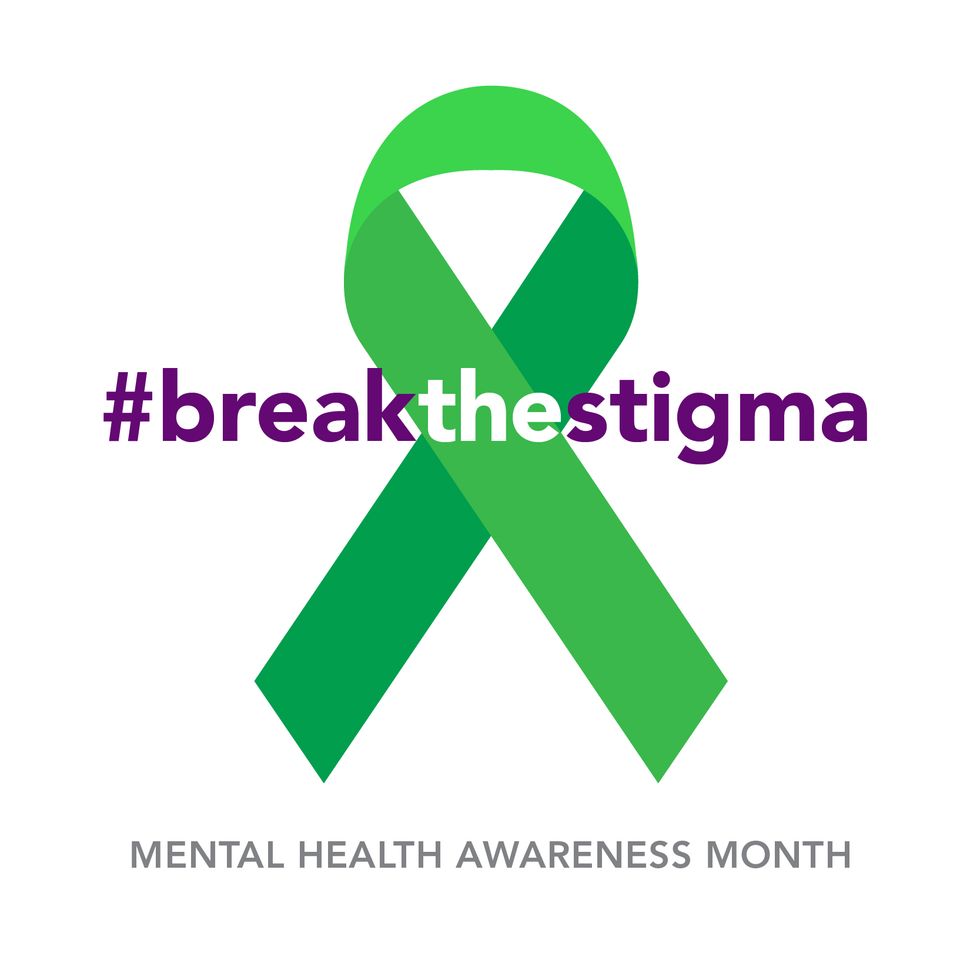May is Mental Health Awareness month.
1 in 5 adults in the United States, (meaning 4 million Americans), will likely experience a mental health condition in their lifetime. Nearly everyone knows someone who struggles from a mental illness, even if they may not know it. Due to the negative stigma associated with mental illness, those who struggle often suffer in silence. It is crucial that we speak out about mental health so that everyone knows the truth about illnesses that affect so many individuals worldwide. Here are ten of the common misconceptions about mental illnesses, and the truth behind these false beliefs.
1. You can always tell when someone has a mental illness.
Not all mental illnesses are easy to see from the outside. t is different from a physical illness because it is not always visible, but that does not mean it is not as serious! Many people with a mental illness are very good at hiding their pain behind a smile because they are afraid to talk about what they are experiencing.
2. People with mental illnesses are being overdramatic and need to just get over it.
Most people who struggle with a mental illness have been told this before, and it can be very hurtful to hear. But this statement is nowhere near true. Mental illness is never a choice and the person struggling cannot just "get over it."
3. Depression is normal- everyone gets sad sometimes.
Yes, sadness is a normal human emotion, but depression is much more than that. Depression is when someone loses motivation to do anything, feels worthless, and may feel as if life isn't worth living. It is more than just a few bad days. Depression is a serious condition that must be taken seriously.
4. People with mental illnesses are scary and violent.
This is a common stigma, but it is false. Most people with mental illnesses are not violent. In fact, only 3%-5% of violent acts are attributed to individuals who have a serious mental illness.
5. Mental illnesses are only serious if someone is harming themselves or others.
When someone is causing harm to themselves or others, this is a very serious issue that must be addressed, and the individual needs treatment immediately. But this does not mean that those who are struggling with their mental health but are not causing direct harm should not be taken seriously.
6. Mental illness should be kept secret because they are something to be ashamed of.
This is another common stigma that is untrue and can be very hurtful for those who struggle with a mental illness. Mental illnesses are common and nothing to be ashamed of, no matter what the diagnosis is. Those with mental illnesses need to remember that they are not their diagnosis.
7. Someone with anxiety just worries to much and needs to relax.
This is not how anxiety works- a person who struggles with an anxiety disorder cannot just "relax." In fact, many people with anxiety do not know how to relax and they are incapable just telling themselves to stop worrying. Anxiety disorders are serious mental health conditions that must be treated, especially if symptoms interfere with a person's daily life.
8. Once someone is diagnosed with a mental illness, that individual can never recover.
Mental illnesses are difficult to live with, but recovery is certainly possible. With the right treatment and with an adequate amount of time, a person with a mental illness can get better and be free of symptoms. Even those who do not fully recover can learn to cope with their symptoms and to live a normal life- there is hope for everyone.
















